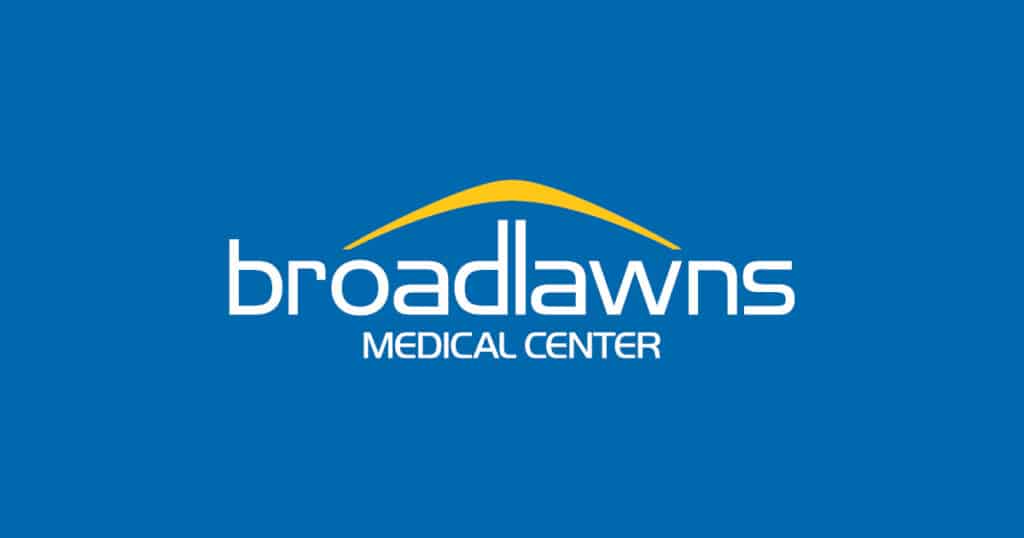Health care stories collide

Shortly after 10 a.m. this morning, David Vellinga had visions of another long, arduous debate over health care. He was watching CNN, and the network was reporting that the Patient Protection and Affordable Care Act had been ruled unconstitutional by the U.S. Supreme Court.
“I was disappointed from the standpoint that it won’t go away,” Vellinga said. “It has to be replaced by something.” The “it” was the need to address key issues that had plagued the delivery of medical services, primarily the issues of access, cost and quality of care.
That was bad news, literally. The Supreme Court had in fact upheld the law, commonly called the Affordable Care Act. Meaning that a signature policy initiative of President Barrack Obama and congressional Democrats had been left intact.
The big news of the day was being delivered just as Vellinga and the leaders of three other medical systems in the state were preparing a joint video news conference to announce their own big news: They had formed an alliance that they believe will improve access, reduce costs and improve the quality of health care for Iowans and residents of neighboring states.
Vellinga said efforts by his Mercy Health Network, Genesis Health System in eastern Iowa and western Illinois, MercyCare Service Corp. in Cedar Rapids and University of Iowa Health Care would result in alliance that would lean on the expertise of each medical system, coordinate care on a geographic basis and, possibly, result in a co-branded identity.
The end results for patients would mimic those envisioned by the Affordable Care Act, Vellinga said.
The decision to form the alliance was driven by demand of the health-care marketplace, the same forces that Vellinga says led to passage of the landmark federal legislation, which seeks to extend medical care to all Americans, improve the quality of that care and reduce costs for consumers and businesses.









